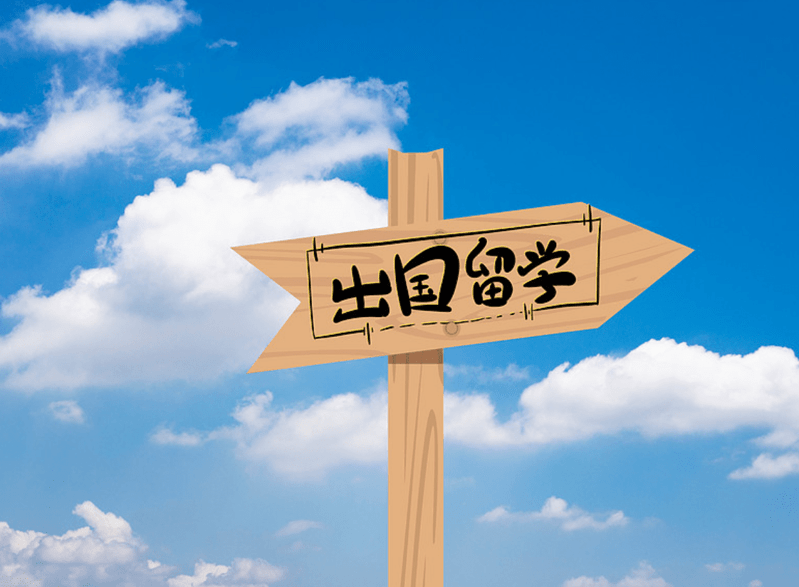新西蘭 中國 引渡
New Zealand-China Extradition: A Comprehensive Overview
Recently, the issue of extradition between New Zealand and China has been a topic of discussion. With both countries having different legal systems and political climates, the process of extraditing an individual from one country to another can be a complicated matter. In this article, we will explore the extradition process between New Zealand and China, including the legal framework, the political climate, and recent developments.
Legal Framework for Extradition
The legal framework for extradition between New Zealand and China is governed by the Extradition Act 1999. This act provides guidelines for the extradition process, including the requirements for a valid extradition request, the procedures for arrest and detention, and the grounds for refusal of extradition.
Under the Extradition Act, New Zealand can only extradite individuals to countries with which it has an extradition agreement. Currently, New Zealand has an extradition agreement with China. However, this agreement has been criticized for its lack of transparency and human rights protections.
Political Climate
The political climate between New Zealand and China has been a source of tension in recent years. While New Zealand has traditionally maintained close ties with China, concerns have been raised over China's influence on New Zealand's domestic politics.
In 2017, the New Zealand government was accused of "softening" its stance on China in order to preserve trade relations. This led to criticism from opposition parties and human rights groups, who argued that New Zealand was sacrificing its values in order to maintain economic ties with China.
Recent Developments
In 2020, the New Zealand government suspended its extradition agreement with Hong Kong due to concerns over China's new national security law. This law criminalizes acts of secession, subversion, terrorism, and collusion with foreign forces, and has been criticized for its potential impact on human rights and civil liberties.
This move by the New Zealand government has been seen as a signal of its concerns over China's increasing influence and power in the region. It remains to be seen whether New Zealand will take further action to address these concerns.
Conclusion
In conclusion, the extradition process between New Zealand and China is governed by the Extradition Act 1999. While New Zealand has an extradition agreement with China, concerns have been raised over its lack of transparency and human rights protections. The political climate between the two countries has also been a source of tension, with New Zealand facing criticism for its perceived "softening" of its stance on China. Recent developments, such as the suspension of the extradition agreement with Hong Kong, highlight the ongoing challenges faced by New Zealand in navigating its relationship with China.
上一篇:新西蘭中國大使館簽證中心
下一篇:沒有了




 留學資訊
留學資訊  留學資料
留學資料  院校推薦
院校推薦 留學就業(yè)
留學就業(yè)  海外游學
海外游學  語言培訓
語言培訓  研究生留學
研究生留學  本科留學
本科留學  高中留學
高中留學  網(wǎng)站首頁
網(wǎng)站首頁




